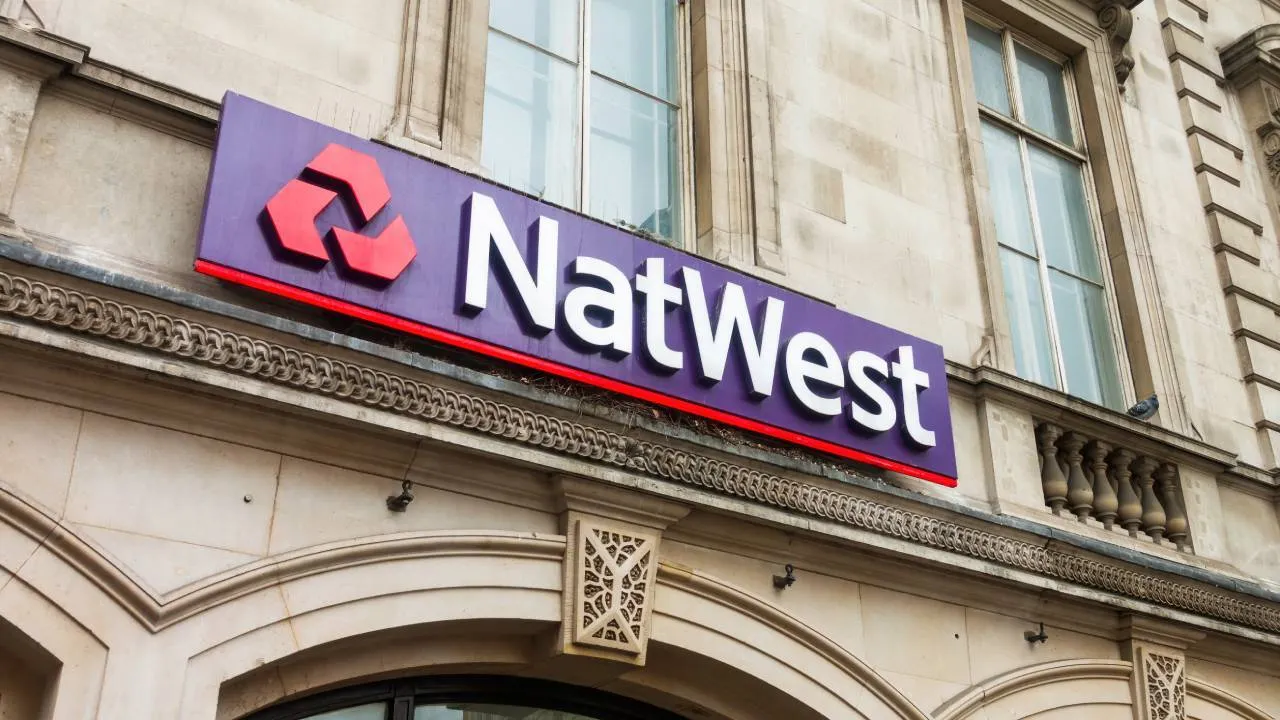It isn't just the polarizing British political figure Nigel Farage who's been 'debanked' by NatWest; a former customer of the UK bank claims to have had their account closed for crypto trading.
Decrypt spoke to one member of the “NatWest CLOSED down my ACCOUNT” Facebook group, which is preparing to flood the bank with data requests from customers who have had their accounts closed down with little justification, according to reports in the British press.
The former NatWest customer, who preferred to remain anonymous, shared documentary evidence with Decrypt revealing that their NatWest account was closed down because of "cryptocurrency trading." The bank added that it wasn't required to disclose the specific reasons behind the account closure.
"I had a business and personal account missing for 2 months,” they told Decrypt, adding that, “They weren't visible on my banking app. Was told that due to cryptocurrencies they would be ending the relationship with me. Had to use a food bank over last Christmas with no access to my funds."

NatWest had earlier blocked the customer's account following a dispute relating to a peer-to-peer crypto trade; the customer lodged an appeal relating to this account block with the Financial Ombudsman Service, who ruled in the complainant’s favour.
In a verdict that was shared with Decrypt, the Ombudsman wrote that, "at this time what NatWest have provided isn’t sufficient for me to conclude that the account was blocked fairly, [...] I believe NatWest should pay 8% simple interest on the balance held for this period and £100.00 for the distress and inconvenience caused as fair compensation." Decrypt has verified the existence of the case with the Ombudsman.
A spokesperson for NatWest told Decrypt that, "Like all UK regulated banking institutions, we are subject to legal and regulatory requirements and we treat compliance with them as a matter of priority. This may mean we are required to delay or refuse to act on a customer’s instructions and suspend or restrict a customer’s account."
In March 2023, NatWest imposed restrictions on customers making payments to crypto exchanges, limiting them to £1,000 per day and £5,000 over a 30-day period, joining UK banks including Nationwide and HSBC.
NatWest and Nigel Farage
The Facebook group shared details about the process of filing data requests after right-wing British political figure Nigel Farage lodged a Subject Access Request (SAR) to obtain a 36-page report outlining why his account with NatWest-owned bank Coutts was closed.
Coutts, an elite private bank established in 1692 that counts members of the Royal Family among its clientele, is a subsidiary of the NatWest Group, which is 38.6% owned by U.K. taxpayers following the 2008 financial crisis.
A polarizing figure in the UK due to the leading role he played in the Brexit “Leave” campaign, Farage revealed that Coutts’s decision to close his account was taken because, in the dossier’s own wording, “his publicly stated views were at odds with our position as an inclusive organization.” The dossier further accused him of holding “xenophobic, chauvinistic and racist views.”
NatWest chief executive Alison Rose apologized to Farage for dropping him as a client of Coutts following the publication of the dossier, and subsequently stepped down from her position at the bank. Unmollified, Farage argued that "the whole board needs to go."
A report from The Times suggests that the British government could soon implement measures to strip banks of their licenses if, like Coutts, they debank customers over their legally-held political views.
Under new rules, banks would have to give customers three months notice—along with explicit reasons and a right of appeal—before closing their accounts.
The British Treasury will make an announcement about it soon, possibly this week.
On Wednesday, the Information Commissioner John Edwards wrote to the banking organization UK Finance, reminding them of their responsibilities to the public. "Banks should not be holding inaccurate information, they should not be using information in a way that is unduly unexpected, and they should not be holding any more information than is necessary," Edwards said, adding that, "Even the information banks gather around politically exposed persons must follow the law."
Farage and Bitcoin
Nigel Farage, the former leader of the U.K. Independence Party—which under his tenure had a core policy of "saving the pound"—became a Bitcoin proponent during the pandemic in 2020 when, in his new capacity as leader of the Brexit Party (later rebranded “Reform UK”), he accused governments of “creating vast amounts of funny money, debasing currencies.”
During a Bitcoin Amsterdam interview in October 2022, Farage railed against the idea of central bank digital currencies and specifically championed Bitcoin: "That is ultimately your personal sovereignty—gone out of the window—living in a cashless society. If I've got the option of the pound under a central bank digital currency or Bitcoin on my cell phone, I know which one I will choose."
When asked whether Bitcoin could undermine the state’s control over financial matters, he replied: "This is a freedom project. It's about people being free of the state and making their own decisions and they can comfortably do that living within the concept of the nation state."

